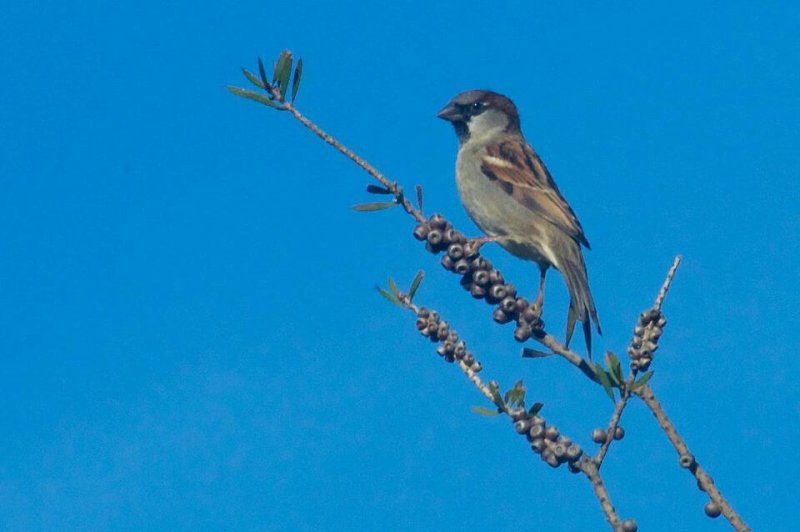Due to the small numbers that are introduced, invasive species experience a genetic bottleneck that results in low levels of genetic diversity. This reduction in genetic diversity is expected to constrain a species’s ability to adapt to an alien environment — yet, somehow, they overcome it.
…
Previous studies have revealed that DNA methylation patterns undergo rapid changes in response to local environmental changes during an individual’s lifetime. For this reason, it has been proposed that these so-called “epimutations” may be one of several mechanisms whereby organisms increase their ability to adapt to novel environments or to environmental fluctuations, in the absence of genetic variations. Could this epigenetic flexibility be the “secret superpower” that transforms some species into invasives?
…
A 2013 study of house sparrows that had been introduced into Kenya around fifty years ago suggested that increased phenotypic variation might result from increased epigenetic diversity, and this might compensate for the introduced sparrows’ lack of genetic diversity.
…
Although there is no evidence that epigenetic variations may be compensating for the lack of genetic diversity in Australia’s house sparrows, it is possible that such changes may be more numerous or more easily identified shortly after introduction, when the birds are in the earliest stages of adaptation.
Read full, original post: Might Epigenetics Hold The Secret To Super-Fast Adaptation?































